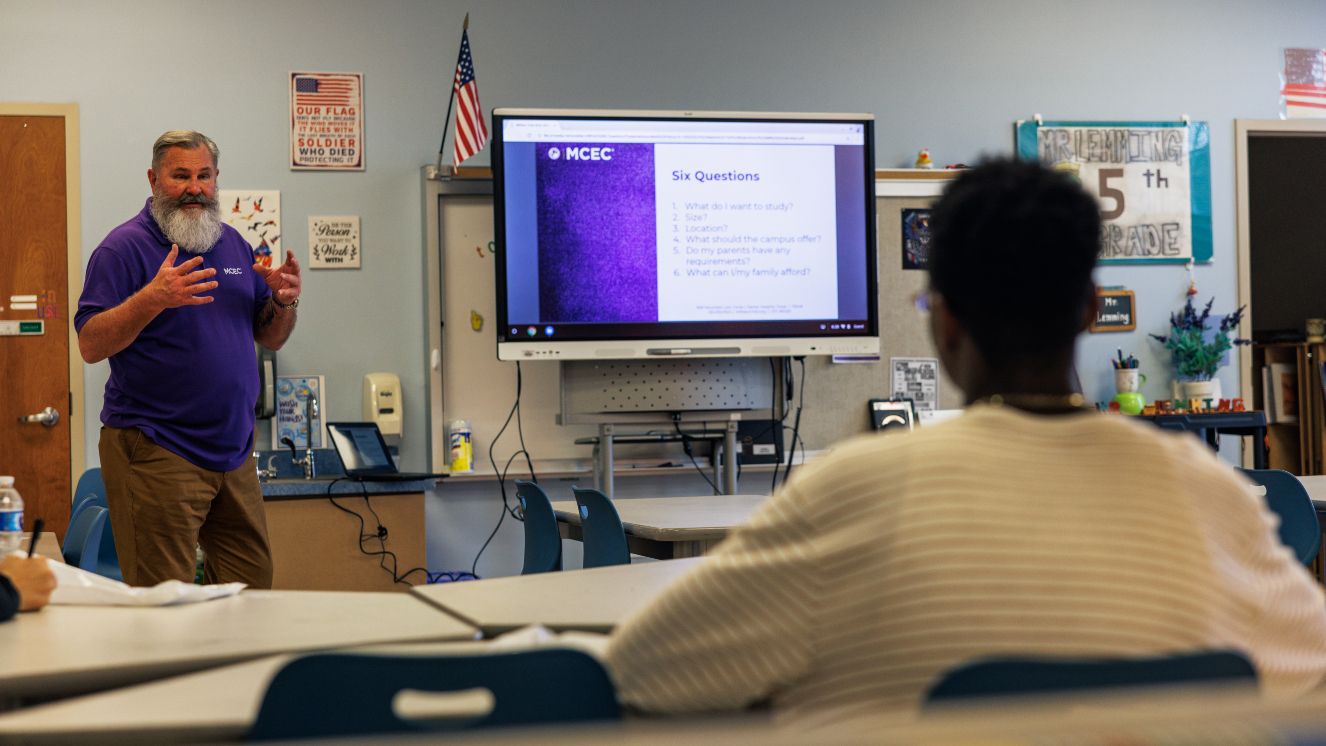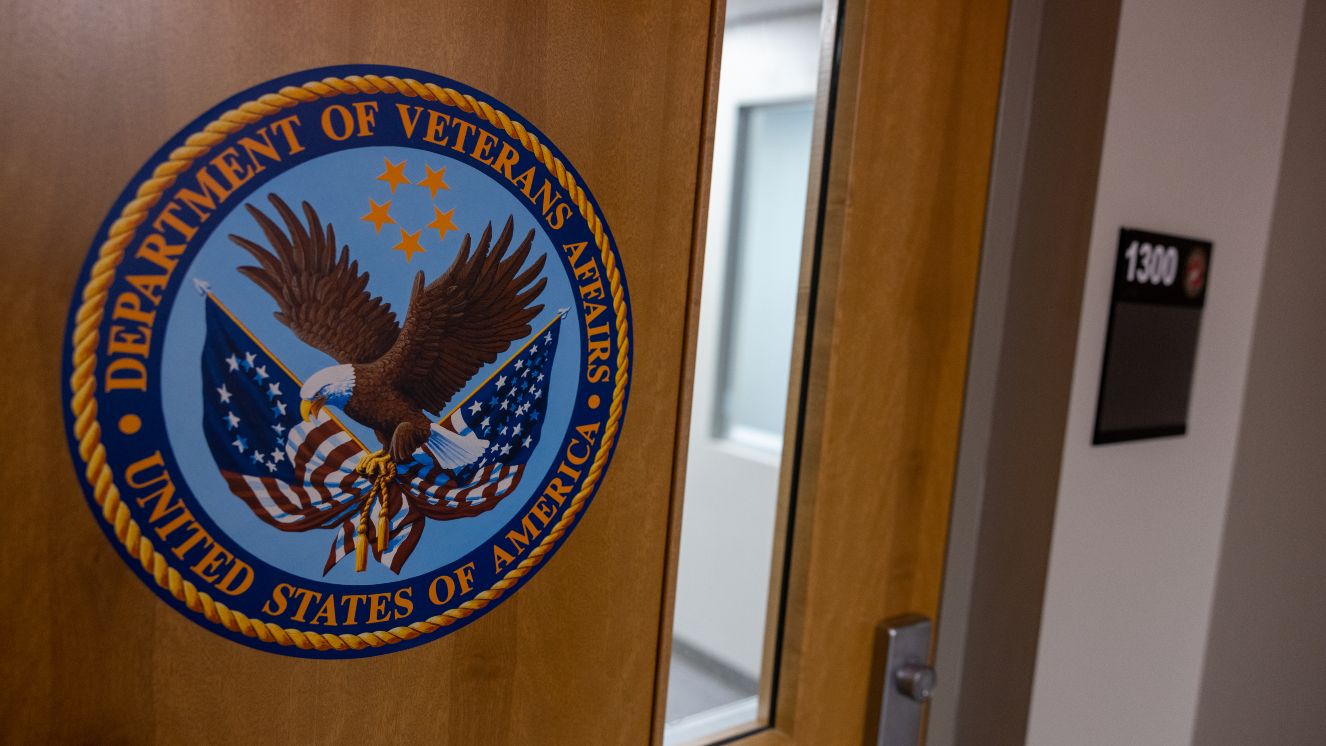VETERAN RESUME GUIDE: HIGHLIGHTING MILITARY EXPERIENCE
COMMENT
SHARE

Veterans deliver mission execution, leadership under pressure, and accountability. However, translating these strengths into a compelling civilian or federal resume remains challenging. In 2025, the new rules provide clarity and direction. Apply the right approach to secure positions equal to your proven value.
1. The Federal Resume Rule Has Changed
As of September 27, 2025, federal resumes are officially limited to two pages. USAJOBS now blocks longer submissions, and HR reviewers can rule any overlength application ineligible. The new Office of Personnel Management (OPM) directive aims to modernize the hiring process and eliminate multi-page resumes that often exceed 10 or even 15 pages.
This rule applies to all competitive service applications through USAJOBS, with limited exceptions for Title 38 or Hybrid Title 38 medical positions. For those exceptions, a Curriculum Vitae (CV) can be uploaded only if the Job Opportunity Announcement (JOA) specifically permits it.
To comply with the two-page limit, applicants must include:
- Job title, employer, and location
- Month and year for start and end dates
- Hours per week
- Series and grade for federal roles
- Education, certifications, and licenses
- Clearance (if relevant)
Applicants who miss any required section or exceed the two-page cap will be immediately disqualified, as compliance is strictly enforced.
2. How to Fit a Federal Resume into Two Pages
Condense without cutting out qualifications. Start by mirroring the keywords and verbs from the “Specialized Experience” and “Duties” sections of the JOA. For example, if the announcement uses “developed, implemented, evaluated,” those exact verbs should appear in your bullets when they accurately describe your work.
Use three to five bullets per job. Focus on quantifiable impact rather than general duties:
- Led seven integrated product teams managing $25 million in projects; achieved 98% on-time delivery.
- Implemented risk tracking that reduced program delays by 23%.
- Managed a $12 million annual budget; met a 99% execution rate.
Older roles can be collapsed into one or two summary bullets. Drop redundant training, verbose adjectives, and lengthy award lists. Federal hiring managers look for evidence of meeting specialized experience requirements, not narrative storytelling.
3. Civilian Resume Standards: Skills and Results
In the private sector, the resume serves as a marketing document, not a compliance record. The goal is to grab a recruiter’s attention in seconds.
- Keep it one to two pages.
- Open with a concise summary focused on value and results.
- Use a clean, single-column layout.
- Avoid images, tables, or multi-column designs that confuse ATS parsing.
- Quantify results in every section: percentages, time saved, dollars managed, and team size.
A civilian program manager bullet might read:
“Directed seven teams delivering $25 million in modernization projects; cut delays 23% by implementing proactive risk tracking.”
Where a federal resume proves compliance, a civilian one sells performance.
4. Translating Military Service to Civilian Success
Military experience is most effective when described in plain English. Avoid acronyms and jargon, since most hiring managers will not recognize terms like “35F” or “OIC.” Use official crosswalk tools to find similar roles and skills.
Each resource helps you find the right civilian title and align language with the job market. For example, “Operations Officer” becomes “Project Manager” or “Operations Lead.”
5. Free and Trusted Resume Tools for Veterans
Top free options in 2025 include:
- Resume Engine: (Hiring Our Heroes): Translates military experience into civilian terms and provides formatted output.
- Hire Heroes USA: Offers free resume review, coaching, and mentoring.
- MySECO Resume Builder: Excellent resource for military spouses transitioning into civilian work.
- O*NET Crosswalk and DoD COOL: Identify equivalent civilian roles and certifications.
- SkillMil: AI-powered builder that tailors resumes using MOS/MOC data.
Always verify accuracy when reviewing generated content. AI-based tools may misinterpret technical or classified experience. Take responsibility for final edits to ensure your resume reflects your achievements.
6. The Biggest Myths About Veteran Resumes
Myth: Federal resumes can still be 10 pages.
Truth: The new cap is two pages. Longer resumes can be blocked or rejected.
Myth: Include every award and duty from service.
Truth: Too much information buries your impact. Focus on results tied to your target role.
Myth: Acronyms prove expertise.
Truth: Acronyms confuse civilian reviewers. Spell out every one on first use.
Myth: One resume works for all applications.
Truth: Tailoring each version to the specific job dramatically increases success.
7. When to Hire a Professional Resume Writer
Hiring a professional can make sense when:
- Targeting GS-12 or higher, executive, or specialized technical positions.
- Repeatedly rejected despite strong experience.
- Needing SES, ECQ, or federal-style writing compliance.
- Short on time or struggling to translate service experience.
Look for certified professionals (CPRW or National Resume Writers Association) with experience in Veteran and federal careers. Review samples, verify turnaround times, and ensure revisions are included.
For mid-level or entry roles, free support from Hire Heroes USA or a Transition Assistance Program counselor may be sufficient.
8. Kick or Keep: The 2025 Editing Framework
Keep:
- Roles within the past 10–15 years
- Quantified results
- Certifications and education
- Security clearance (if relevant)
Kick:
- Old or unrelated jobs
- Redundant training or adjectives
- Lists of duties without outcomes
Delete:
- Photos or graphics
- Objectives section
- Awards unrelated to the target job
A 1,000-word resume typically fits on two pages using 11-point Calibri and half-inch margins.
9. Civilian vs. Federal Comparison
Civilian resumes are marketing documents for recruiters and hiring managers. They sell potential, performance, and personality. Federal resumes are verification documents for HR professionals and automated systems. They prove qualifications, compliance, and eligibility.
Civilian resumes reward brevity and clear metrics. Federal resumes reward completeness and alignment with the job announcement. Both require clarity, accuracy, and proof of results.
10. The Veteran Advantage
Veterans offer leadership, accountability, and teamwork. These are qualities that both federal and private-sector employers value. The key is clarity. A strong 2025 resume highlights outcomes, uses plain language, and is carefully tailored.
The new two-page federal rule sets a decisive standard: provide focused, high-impact content that demonstrates your qualifications, readiness, and value for the next mission.
The mission is career transition; the strategy is precision. Master translating your experience using quantifiable data, decisive action, and clear language. Stand out by going beyond just meeting requirements.

Top Free Tools for Translating Military Experience into Civilian Resumes

Veteran Resume Myths: Uncovering the Truth
Here are frequent myths that new Veteran resume writers believe — and the truths you should internalize:

Guide to Hiring a Professional Resume Writer for Veterans
Hiring a professional is not “cheating”—it can be a strategic investment. Here’s when and how to decide:
When to Hire a Pro
- You’re aiming for a senior, high-stakes, or technical role (executive, GS-13+, STEM, IT, cybersecurity, etc.).
- You’ve tried and been rejected despite strong experience (perhaps due to resume issues).
- You need federal or SES/ECQ writing skills (those require specialized knowledge).
- You lack the time or confidence to iterate and perfect your document.
- You want to ensure formatting, keyword strategy, metric integration, clean layout, and parsing safety are handled expertly.
When DIY Is Still Good Enough
- Entry-level, support, administrative, or non-technical roles.
- You have strong writing skills and the time to do many revisions and peer reviews.
- You’re supplementing with free veteran career services (Hire Heroes, TAP, etc.).
- You just need a quick draft to pitch initial applications and then iterate.
Veteran Resume Checklist for 2025: Efficient Two-Page Format
Use this before submitting any federal or hybrid resume (Veteran, contractor, GS, or DoD civilian).
KEEP (must stay)
- Job title, employer, location, dates, hours/week (non-negotiable).
- Series/grade if it’s a prior federal role.
- 3–5 accomplishment bullets that prove specialized experience stated in the Job Opportunity Announcement (JOA).
- Education and certifications (with dates).
- Security clearance (active or current).
- Awards only if mission-relevant (e.g., MSM, ARCOM, performance bonuses).
KICK (optional or repetitive content)
- Excess adjectives (“exceptional,” “dynamic,” “dedicated”).
- Old or non-relevant roles (especially pre-2010 unless critical).
- Training lists already captured by certifications.
- Every single award ribbon or campaign medal (summarize).
- References (“Available upon request” is sufficient).
- Outdated technology or software (older than 5 years).
- Any paragraph exceeding 4 lines—convert to concise bullets.
DELETE (violates 2025 standards or wastes space)
- Graphics, tables, charts, or multi-column designs.
- Photos, logos, or icons.
- “Objectives” section (obsolete).
- Generic skill lists (e.g., “Teamwork,” “Leadership”) without context.
- Duplicate job duties are written in multiple sections.
Comprehensive Veteran Resume Checklist for 2026
1. Choose Your Path
Civilian Resume
- 1–2 pages max.
- Marketing document for hiring managers and applicant tracking systems (ATS).
- Focus on results, skills, and measurable impact.
- Highlight leadership, notable achievements, and relevant transferable experience.
- Pull keywords directly from each job posting.
Federal Resume
- A 2-page strict limit will be effective as of September 27, 2025.
- Verification document for HR and automated systems.
- Must include month/year dates, hours per week, series and grade (if applicable), and all elements from the Job Opportunity Announcement (JOA).
- Each bullet must match “Specialized Experience” language.
- Over-length resumes can be automatically rejected.
2. Must-Include Sections (Both Types)
- Contact information: name, phone, email, city/state (no street address).
- Professional summary: 3–4 lines focused on value and role target.
- Core skills and technical tools: 10–14 keywords.
- Experience: reverse chronological order with measurable achievements.
- Education and certifications: degrees, institutions, years, licenses.
- Awards, clearance, and affiliations: only if relevant.
3. Formatting and Structure
- Use a single column; no graphics, photos, or tables.
- Fonts: Calibri, Arial, Helvetica (10–12 pt).
- File format: .docx or PDF as specified in the announcement.
- Margins: half-inch minimum.
- Bullets: short, impact-first sentences.
- Federal resumes: approximately 900–1,000 words (2 pages).
- Civilian resumes: approximately 700–800 words (1½ pages).
4. Final Pre-Submission Checklist
- The resume is under two pages (federal) or within two pages (civilian).
- All required data fields (dates, hours, series) are included.
- Acronyms are spelled out on first use.
- The plain-text preview confirms formatting is intact.
- File name clean: Lastname_Resume_2025.docx.
- Proofread aloud; reading time is under five minutes.
Suggested reads:
Join the Conversation
BY NATALIE OLIVERIO
Veteran & Senior Contributor, Military News at VeteranLife
Navy Veteran
Natalie Oliverio is a Navy Veteran, journalist, and entrepreneur whose reporting brings clarity, compassion, and credibility to stories that matter most to military families. With more than 100 published articles, she has become a trusted voice on defense policy, family life, and issues shaping the...
Credentials
Expertise
Natalie Oliverio is a Navy Veteran, journalist, and entrepreneur whose reporting brings clarity, compassion, and credibility to stories that matter most to military families. With more than 100 published articles, she has become a trusted voice on defense policy, family life, and issues shaping the...



